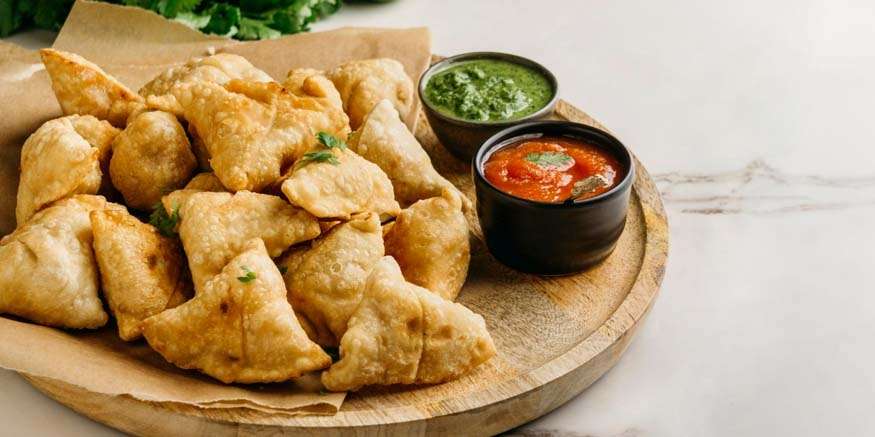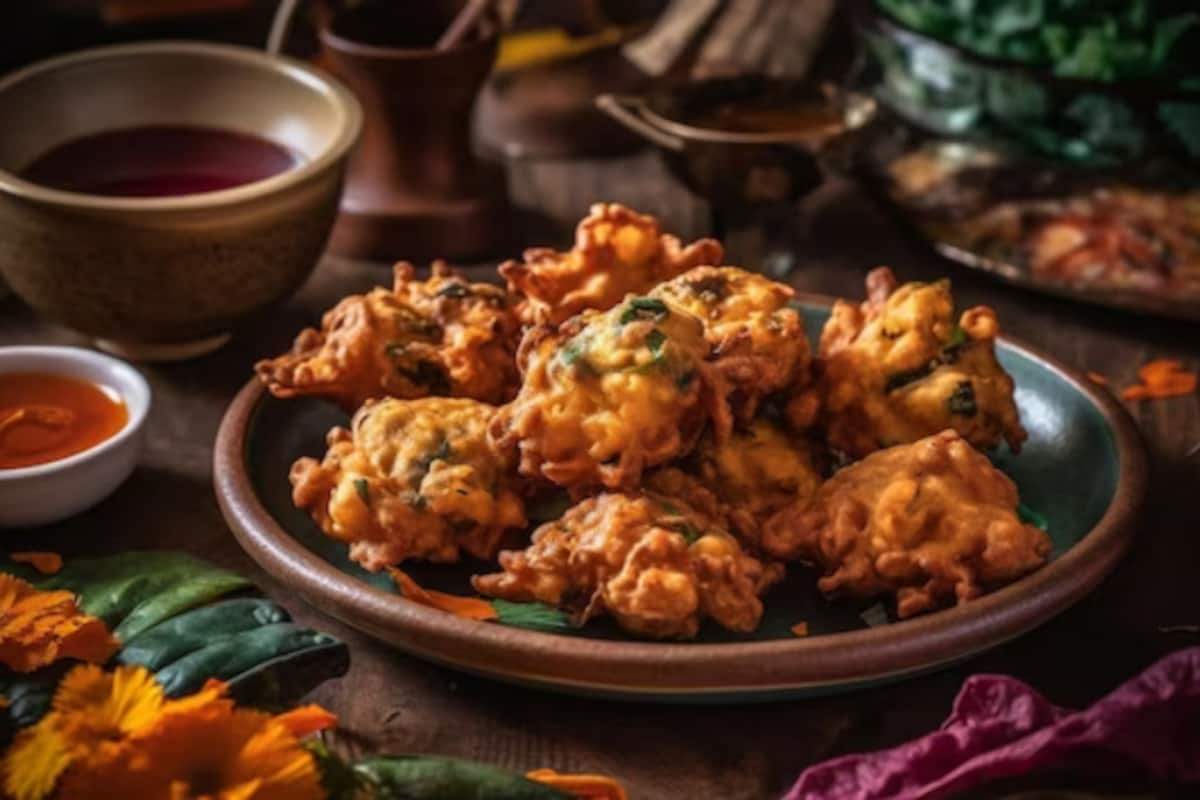Why Eating Pakoras During Monsoon Can Harm Your Health: Expert Advice
There's nothing quite like enjoying hot pakoras with tea during the rainy season. As soon as the rains begin, many households start preparing these delicious snacks. However, did you know that these savory treats can potentially harm your health? Ayurvedic expert Dr. Abhishek explains why pakoras might not be the best choice during this season and offers tips for making them healthier.

There's nothing quite like enjoying hot pakoras with tea during the rainy season. As soon as the rains begin, many households start preparing these delicious snacks. However, did you know that these savory treats can potentially harm your health? Ayurvedic expert Dr. Abhishek explains why pakoras might not be the best choice during this season and offers tips for making them healthier.

Why Pakoras Are Not Ideal During the Monsoon
Weak Digestive Fire
According to Ayurveda, the monsoon season weakens the body's digestive fire, which is essential for breaking down food. A weakened digestive fire can struggle with processing fried foods like pakoras, leading to issues such as indigestion, heartburn, and acidity.
Bacterial Contamination
The monsoon brings increased humidity and warmth, which are ideal conditions for bacteria, viruses, and fungi to thrive. Poor hygiene or contaminated water can introduce these pathogens into pakoras, potentially causing food poisoning.
Nutritional Deficiencies
Pakoras are typically high in oil and low in essential nutrients. Regular consumption can lead to weight gain, high cholesterol, heart disease, and other health issues due to their high-fat content and lack of nutritional value.

How to Make Pakoras Healthier
If you're keen on enjoying pakoras even during the monsoon, consider the following tips to make them healthier:
Use A2 Ghee for Frying
Switching to A2 ghee for frying pakoras can significantly reduce health risks. A2 ghee, made from the milk of indigenous Indian cows, contains A2 casein protein, which is easier for the human body to digest compared to A1 casein. Additionally, A2 ghee is rich in vitamins, minerals, and saturated fats that are beneficial for health.
Avoid Street Food
During the monsoon, it’s best to avoid consuming fried snacks from outside sources. Ensure that you prepare pakoras at home under hygienic conditions to minimize the risk of contamination.
What is A2 Ghee?
In Ayurveda, traditional ghee is considered beneficial for health. A2 ghee, made from the milk of native Indian cow breeds, contains A2 casein protein, which is more digestible and less likely to cause allergies or digestive issues. A2 ghee is also packed with essential vitamins, minerals, and healthy fats that support overall well-being.
